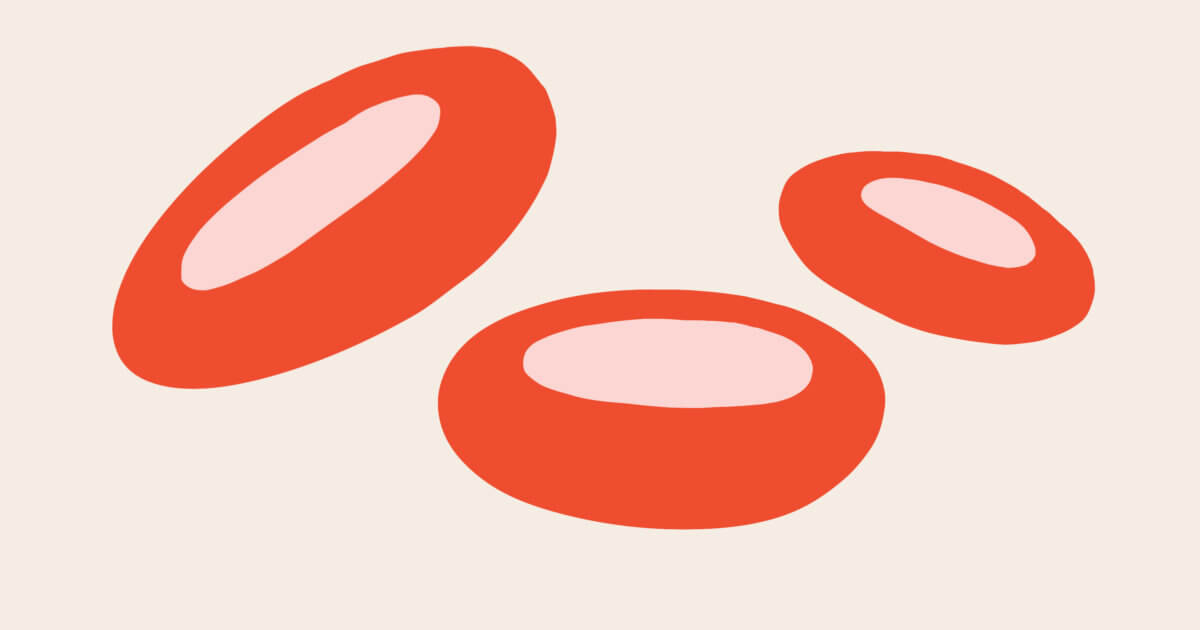New CAR T-cell therapy represents another step forward
- A new CAR T-cell therapy lead to a 73% response rate in patients with heavily pretreated multiple myeloma.
- “This is a very big deal for patients who desperately need options,” Dr. Nina Shah tells SurvivorNet.
- The new therapy is given in a single treatment and is set to be reviewed by the FDA in March.
- CAR T therapy involves taking cancer fighting cells from immune system out of a patient’s body, manufacturing many more of these cells, then putting them back into the body
- CAR T is largely available at major cancer centers capable of handling its complexity. Ask your doctor if a referral might be right for you.
The study, published in the New England Journal of Medicine, shows that the CAR T-cell therapy idecabtagene vicleucel (ide-cel) lead to a 73% response rate in patients with heavily pretreated multiple myeloma. The study also showed that an astonishing 33% of patients receiving ide-cel therapy had a complete response and that MRD (minimal residual disease) status was achieved in 26% of patients receiving the new therapy.
Read More“This is a very big deal for patients who desperately need options”
Dr. Nina Shah, a SurvivorNet advisor, associate professor of medicine at University of California San Francisco and one of the study's co-authors, explains the significance to SurvivorNet.
“This study shows the myeloma cells are over 70% affected by this treatment in patients who are very sick and have received several rounds of treatment already. Most treated patients have side effects, but these are generally manageable. The median progression-free survival is about 8-months. For the dose that may ultimately be approved by the FDA, this progression-free survival is more like a year, and that is a very big deal for patients who desperately need options."
The Advantage of a Single Treatment
In addition to the high disease response rates, the new CAR T-cell therapy is given as a single treatment which is also a significant advantage of the new therapy compared with other options. “The most important thing about this news is that it opens a new mode of therapy to myeloma patients. This is a one-dose therapy that may have effects for a year or more without more therapy, and that is a huge deal for a lot of patients.”
CAR T-cell therapy is giving “better numbers than we have ever seen before in the history of multiple myeloma”
Although multiple myeloma tends to relapse, new advancements including CAR T-cell therapies, are giving hope to patients where little existed before. Dr. Robert Orlowski, chair of the department of lymphoma and myeloma at MD Anderson Cancer Center, says that CAR T-cell therapy is giving "better numbers than we have ever seen before in the history of multiple myeloma."
Although the ide-cel treatment has not been approved by the FDA, a decision is expected in March which could make the new therapy widely available to patients.
Related: The promise of CAR T-cell therapy for multiple myeloma
How Does CAR T-cell Therapy Work?
The body's immune system is not typically strong enough to fight off myeloma cells, but scientists have recently been able to extract cancer fighting cells called T-cells from a patient's body, modify them, and then reinsert them back into the patient. The process is typically as follows:
- T-cells are taken from a patient's blood.
- Then the gene for a special receptor that binds to a specific protein on the patient's cancer cells is added to the T-cells in the laboratory. The special receptor is called a chimeric antigen receptor (CAR).
- Large numbers of the CAR T-cells are grown in the laboratory and given back to the patient.
Learn more about SurvivorNet's rigorous medical review process.





